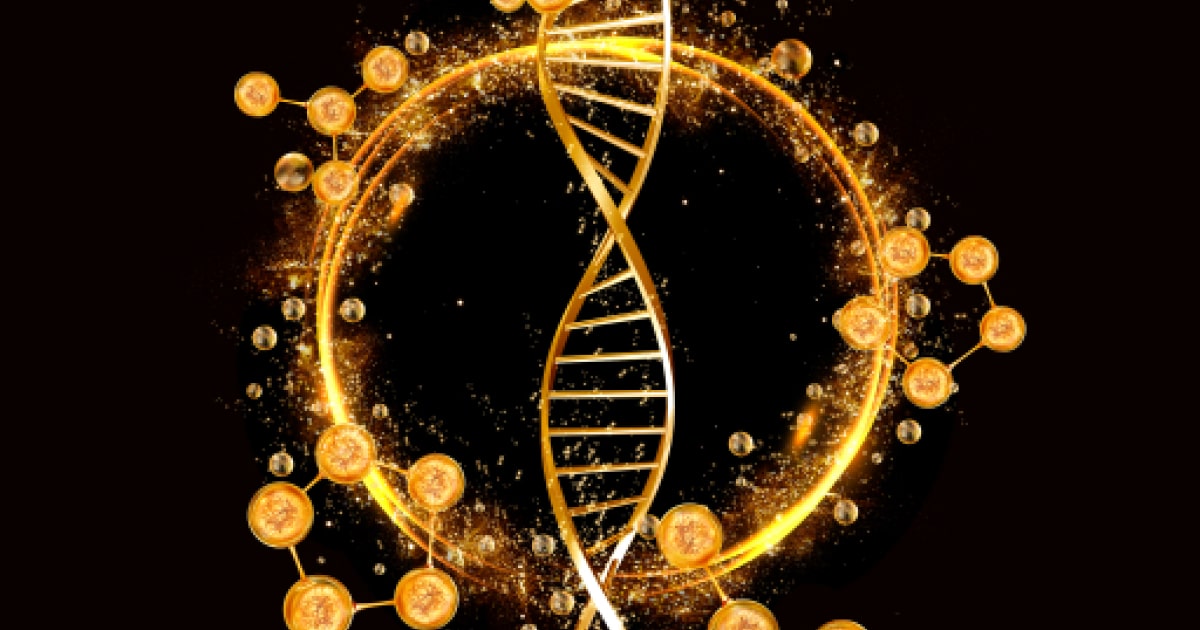
Expert Reviewed By: Dr. Brandon Colby MD
Sickle cell disease (SCD) is a group of genetic disorders that affect the hemoglobin in red blood cells. Hemoglobin is a protein responsible for carrying oxygen throughout the body. In SCD, abnormal hemoglobin can cause red blood cells to become misshapen and break down more rapidly than healthy cells, leading to anemia, pain, and other complications. This article explores the importance of understanding, diagnosing, and using genetic testing for sickle cell disease and its associated abnormal hemoglobin.
Understanding Sickle Cell Disease and Abnormal Hemoglobin
SCD is caused by a mutation in the HBB gene, which provides instructions for making the beta-globin subunit of hemoglobin. This mutation results in the production of an abnormal form of hemoglobin, called hemoglobin S (HbS). When HbS releases oxygen, it can stick together and form long, rigid rods within red blood cells. These rods cause the cells to become stiff and sickle-shaped, leading to the characteristic symptoms of SCD.
There are several types of SCD, including sickle cell anemia (HbSS), sickle-hemoglobin C disease (HbSC), and sickle beta-thalassemia (HbSβ). The severity of SCD can vary depending on the specific type and other genetic factors.
Diagnosing Sickle Cell Disease
Early diagnosis of SCD is crucial for preventing long-term complications and providing appropriate treatment. In many countries, newborn screening programs test for SCD as part of routine blood tests. These tests typically involve analyzing a small blood sample to detect the presence of abnormal hemoglobin.
For individuals who were not screened at birth or who require further testing, several diagnostic techniques are available. A review of these techniques can be found in the article "Techniques for the Detection of Sickle Cell Disease: A Review". Some of the methods discussed include electrophoresis, high-performance liquid chromatography (HPLC), and isoelectric focusing.
Genetic Testing for Sickle Cell Disease
Genetic testing can provide valuable information for individuals with SCD and their families. It can confirm a diagnosis, identify carriers of the sickle cell trait, and guide treatment decisions. There are several ways genetic testing can be helpful for this disorder:
Confirming a Diagnosis
Genetic testing can be used to confirm a diagnosis of SCD by identifying the specific mutation in the HBB gene responsible for the disorder. This information can be useful for determining the type of SCD and predicting its severity.
Identifying Carriers
Carriers of the sickle cell trait have one copy of the mutated HBB gene and one normal copy. They typically do not have symptoms of SCD but can pass the mutation on to their children. Genetic testing can identify carriers, allowing them to make informed decisions about family planning and the risk of having a child with SCD.
Guiding Treatment Decisions
Genetic testing can also inform treatment options for individuals with SCD. For example, a study published in "Editing the LRF Repressor Binding Site in the γ-Globin Promoters Induces Therapeutically Relevant Fetal Hemoglobin Levels for the Treatment of β-Hemoglobinopathies" demonstrates that CRISPR/Cas9-mediated disruption of the LRF binding site in HBG promoters can reactivate fetal hemoglobin production, potentially treating SCD and β-thalassemia.
Additionally, the article "Are genetic approaches still needed to cure sickle cell disease?" discusses the potential of allogeneic blood or marrow transplantation as a cure for SCD. Genetic testing can help identify suitable donors and recipients for this procedure.
Conclusion
Understanding, diagnosing, and using genetic testing for sickle cell disease and abnormal hemoglobin is essential for improving the lives of individuals affected by this genetic disorder. Early diagnosis, carrier identification, and informed treatment decisions can all contribute to better management of SCD and its complications.
About The Expert Reviewer
Dr. Brandon Colby MD is a US physician specializing in the personalized prevention of disease through the use of genomic technologies. He’s an expert in genetic testing, genetic analysis, and precision medicine. Dr. Colby is also the Founder of and the author of Outsmart Your Genes.
Dr. Colby holds an MD from the Mount Sinai School of Medicine, an MBA from Stanford University’s Graduate School of Business, and a degree in Genetics with Honors from the University of Michigan. He is an Affiliate Specialist of the American College of Medical Genetics and Genomics (ACMG), an Associate of the American College of Preventive Medicine (ACPM), and a member of the National Society of Genetic Counselors (NSGC)